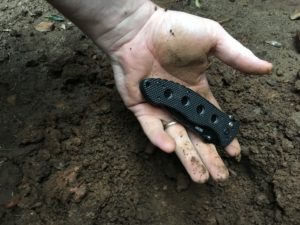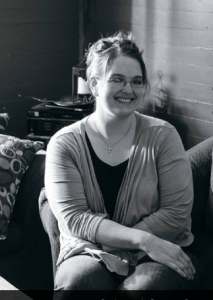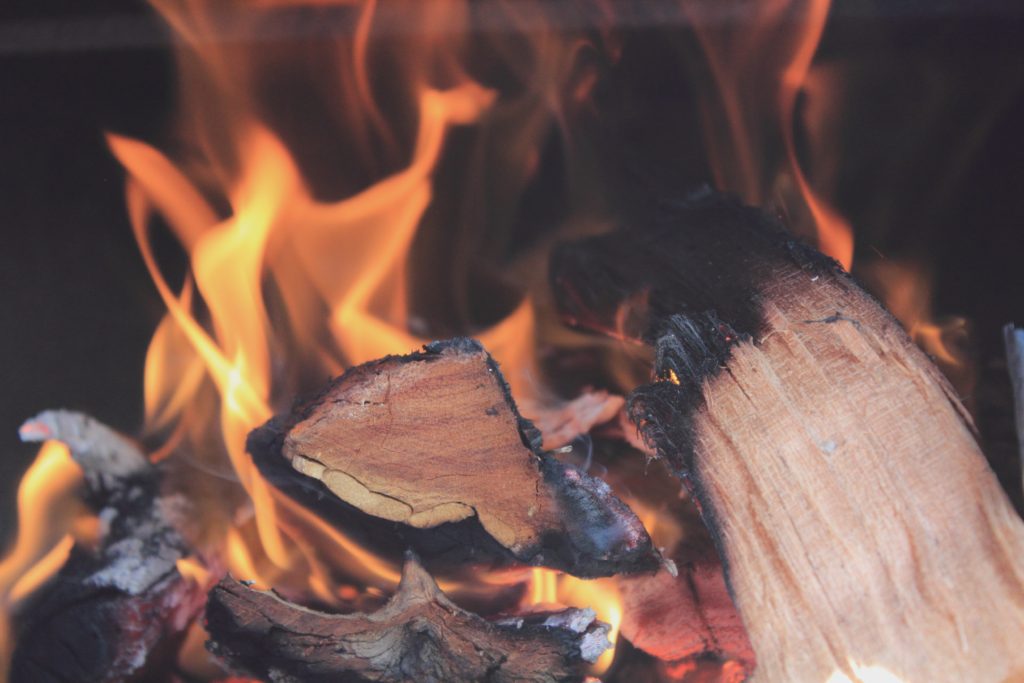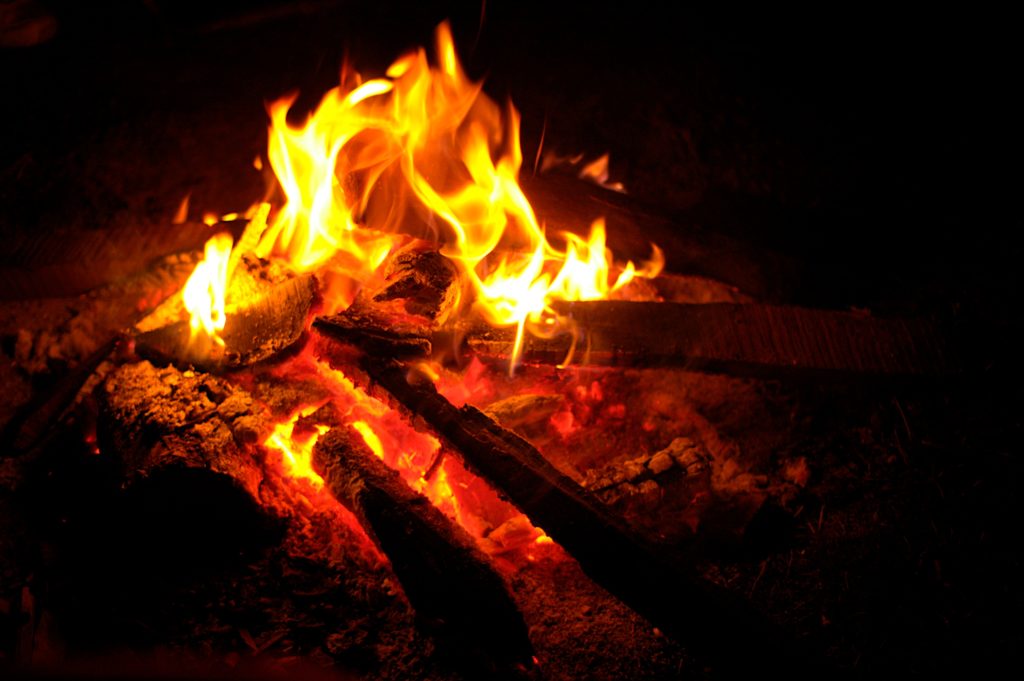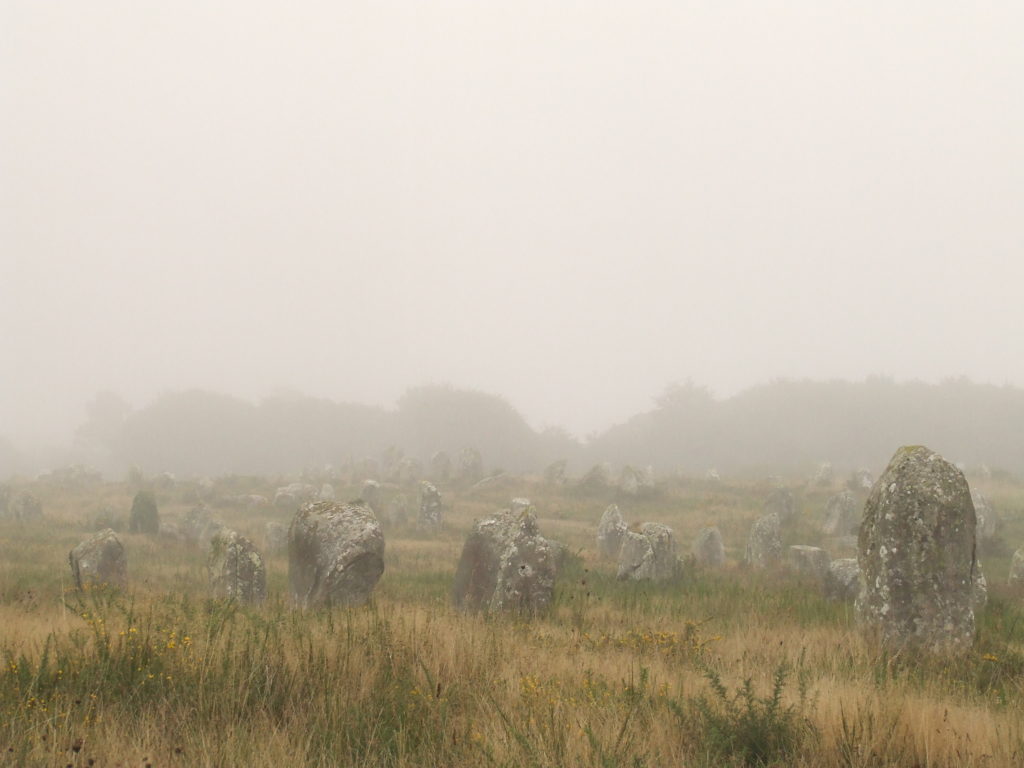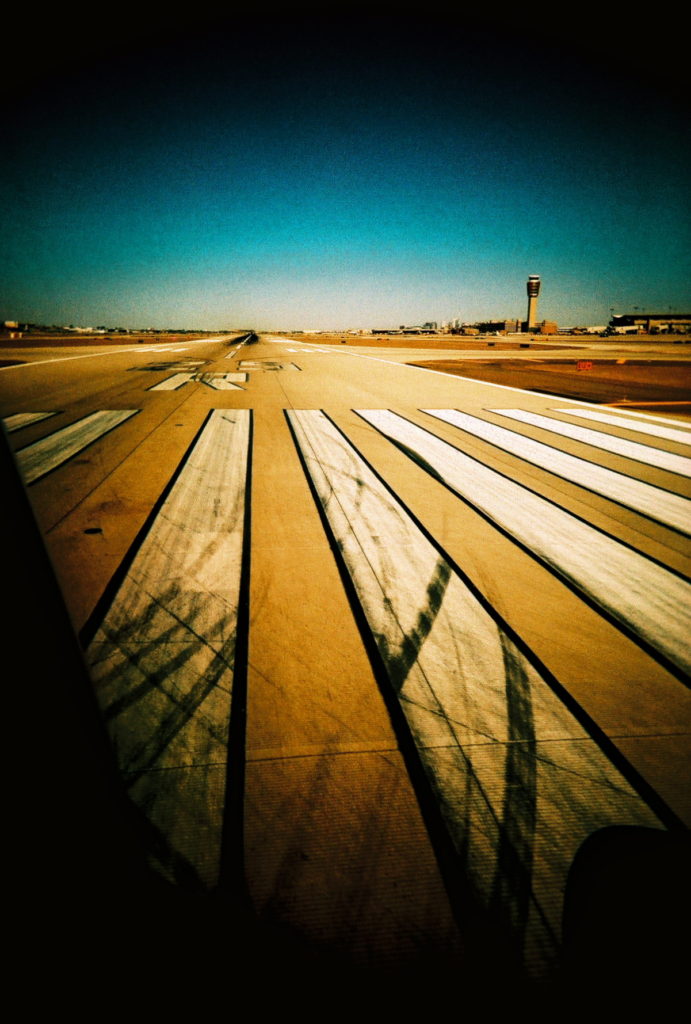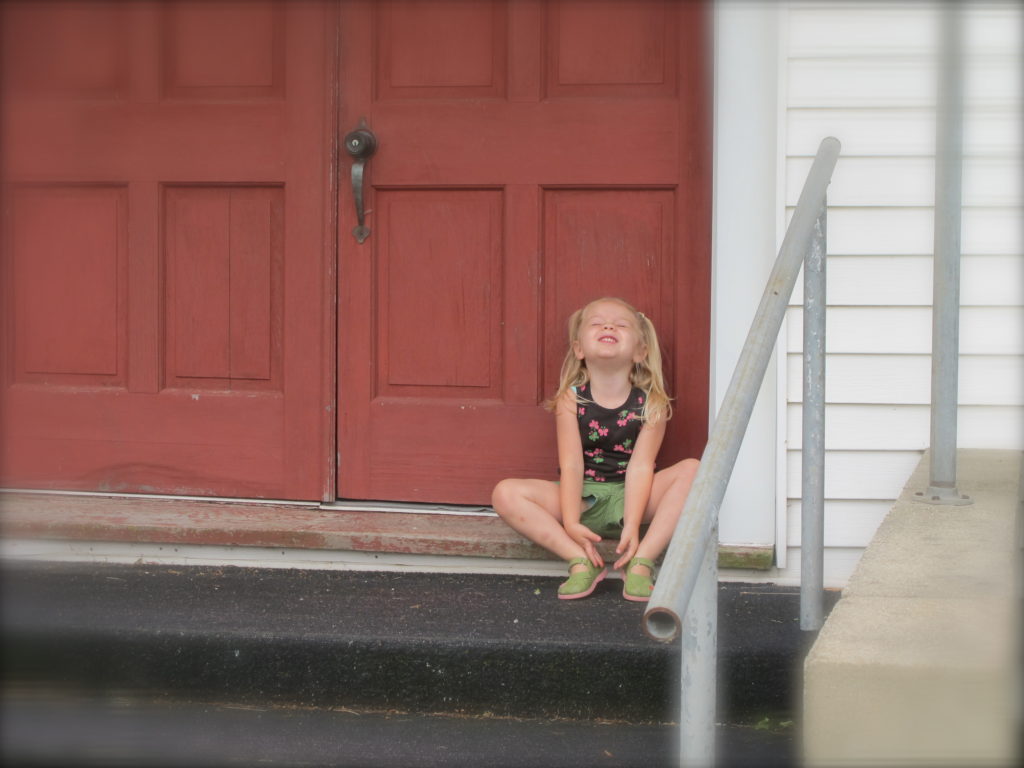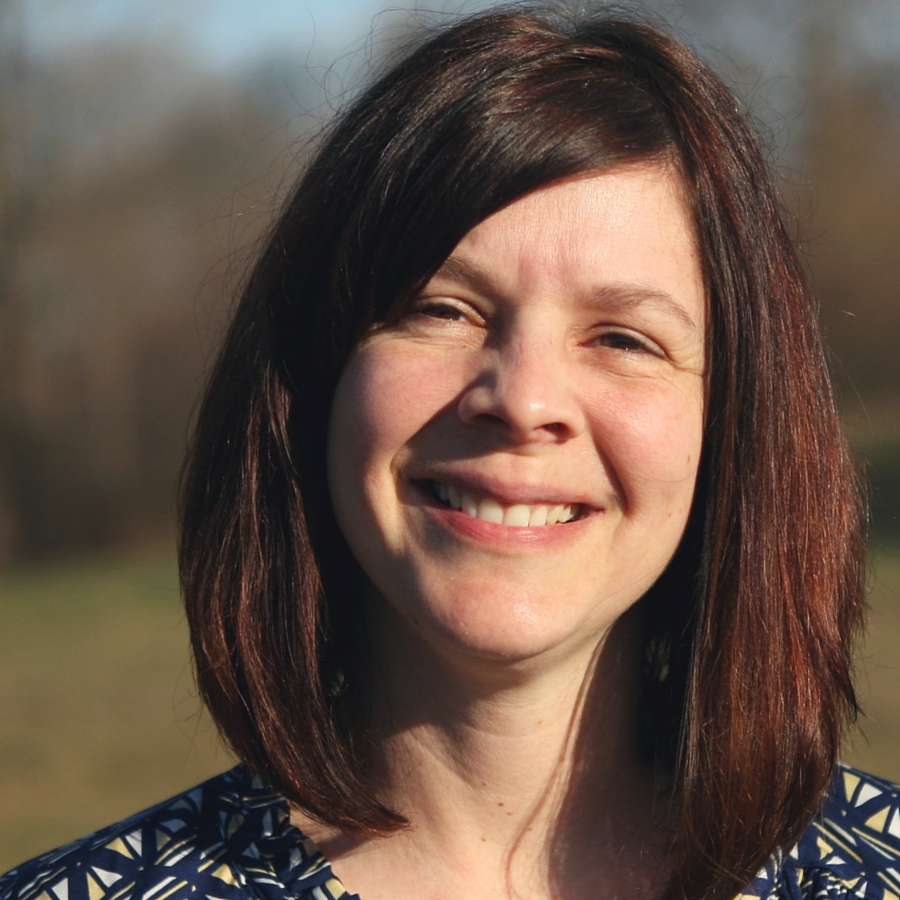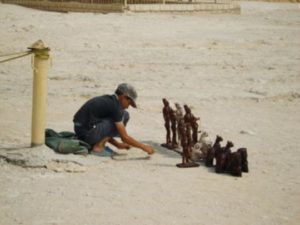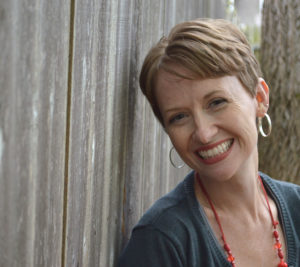You know how to light a match, don’t you?
I looked up at her and lied.
 She gave me the book of matches and watched me slowly draw the bud against the scratch. She grabbed it back, You’ve got to go fast, see? Boom! Zip! She laughed and gave me the lit match with her brown wrinkled hands.
She gave me the book of matches and watched me slowly draw the bud against the scratch. She grabbed it back, You’ve got to go fast, see? Boom! Zip! She laughed and gave me the lit match with her brown wrinkled hands.
Put it in that hole there. See the flames? You just lit the grill! Now you can cook steakettes whenever you want. I confidently dropped the frozen patties from the butcher paper onto the grate.
Little girls aren’t allowed to touch matches.
* * *
Alright. We can do whatever we want today! No one is the boss of us! We can swim, play cards, eat popsicles, eat your Reese’s! It’s the Lazy Lagoon! Anything goes!
I smiled and nodded eagerly. This was every 8 year old’s dream.
I’d been in my rainbow bathing suit since 6:30am, excited for the day at my beloved Gramma’s. We started by making her big circle king bed with the furry leopard bedcover. I watched her put on bright coral lipstick, pose in the mirror, and spray White Shoulders on her neck. Then we went downstairs to make Grampa breakfast in the iron skillet before he went to work.
Go get me a beer and we’ll watch my Cubbies. I got her an Old Style from the fridge next to the TV outside in her covered patio and joined her on the black porch swing for the late morning game. I leaned on her soft arm and we rocked.
After eating I wandered around her Southside Chicago backyard. There were big bright flowers that matched my Gramma’s clothes along the high white fences, and a deep cement pool. I jumped off the diving board.
You in the pool, Aimee? Be safe in there! Don’t let the sharks getcha!
She cackled, slapped her thigh, and shouted out the Jaws theme. I rushed to the ladder and decided to clean the pool. I knew how to work the long brush without hitting the electric wires above and how to skim bugs and petals out with the net. Then I floated on the raft with my hands behind my head.
Little girls aren’t allowed to swim alone.
* * *
After a while Gramma came out from under the patio, stretched, and clapped her hands.
Who’s ready to play cards? No Go Fish. No Old Maid. We’re playing Rummy, and we’re playing for blood. You’re going to have to win fair and square.
I scrambled out of the pool, my eyes twinkling.
She shuffled the deck three different ways and flicked the cards across the table. When I won a hand she shouted, Ah! You got me, kid. But no more! and she got up, walked around her chair, and declared, The Worm Has Turned! She cursed my cards. I cursed hers. We laughed so hard.
Little girls aren’t allowed to sass grown-ups.
Before cooking dinner she went to vacuum and I walked down the kitchen stairs to the basement bar.
I loved it down there surrounded by beer signs, fancy bottles, swizzle sticks, and napkins with jokes on them. I cleaned the counter and put out glasses. I asked imaginary guests about their families, just like Gramma would ask her dozen delighted siblings and their seventy kids when any of them came over. On earlier visits I learned the boring colors – vodka, gin, bourbon, wine – did not taste good. But liquors tasted great.
I poured myself some of the emerald green Crème de Menthe, my favorite. It coated and warmed my throat. I had another.
Little girls aren’t allowed to drink.
I woke up on the floor behind the bar with my Gramma leaning over me. Hey, you alright? Come on upstairs. I stood up dazed and followed her. In the kitchen, I ate some Reese’s peanut butter cups while she cooked dinner. She bellowed out a German song, acted out scenes from The Honeymooners, and danced with her spatula. I giggled and joined her. She told dirty jokes, too.
But don’t tell your Mom. She wouldn’t like it.
* * *
We watched the best shows of the 1980s at night: Family Feud, Archie Bunker, and Facts of Life, taking breaks for popsicles and HoHo’s. The vertical blinds lazily clinked against each other in the soft breeze. The room smelled like chlorine, cold cream, and Jean Naté.
After the news Gramma brushed her teeth and put on more lipstick.
In case I die in my sleep.
I laid awake between my Gramma and Grampa, licking chocolate off my smile in the dark. I had three more days to be a grown-up with Gramma. Then my Mom would bring me home and I’d have to be a little girl again
* * * * *
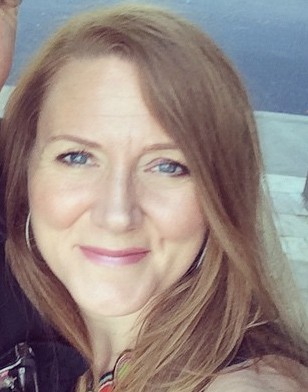 Aimee Fritz is an introvert who delights in telling long, true tales about everyday absurdities in her suburban life. She finally believes in an unseen God, hopes to someday feel qualified to parent her kids, and is now allergic to every food she used to enjoy. Read more of her stories about world changers, souls, and big mistakes at familycompassionfocus.com
Aimee Fritz is an introvert who delights in telling long, true tales about everyday absurdities in her suburban life. She finally believes in an unseen God, hopes to someday feel qualified to parent her kids, and is now allergic to every food she used to enjoy. Read more of her stories about world changers, souls, and big mistakes at familycompassionfocus.com
Matches photograph by Simon D.

